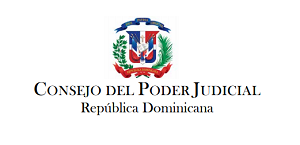
The Council of the Judiciary approved during session 014-2020 on Tuesday, 21 April 2020 the use of electronic signatures in jurisdictional and administrative processes. This will reduce the time needed to approve decisions and speed up their delivery to the interested parties. Its implementation does not replace the procedures established in current regulations.
The Electronic Signature Policy establishes “the general conditions applicable to the creation of electronically signed documents, the value that the institution places on such documents, as well as the mechanisms available for the verification of the legitimacy of these documents by third parties.”
The Judicial Branch issued a statement saying that the use of the electronic signature in the national administration of justice will help to reduce the time needed to sign a ruling, especially when several judicial servers are involved. Likewise, it will speed up the issuance of certifications to third parties and increase document security through a verification protocol.
All electronically signed documents will remain in PDF format and will be verified through the signature functions included in the PDF reader. With this tool, the user will be able to check the qualified electronic seal, the validity of the signatory’s identity and that of the responsible body, as well as the absence of subsequent modifications.
In the case of paper copies, the final stamp of the document will provide information that will facilitate verification of its fidelity to the digital original, following the instructions that will be available on the Judicial Branch website.
Read more in Spanish:
Poder Judicial
Hoy
23 April 2020

